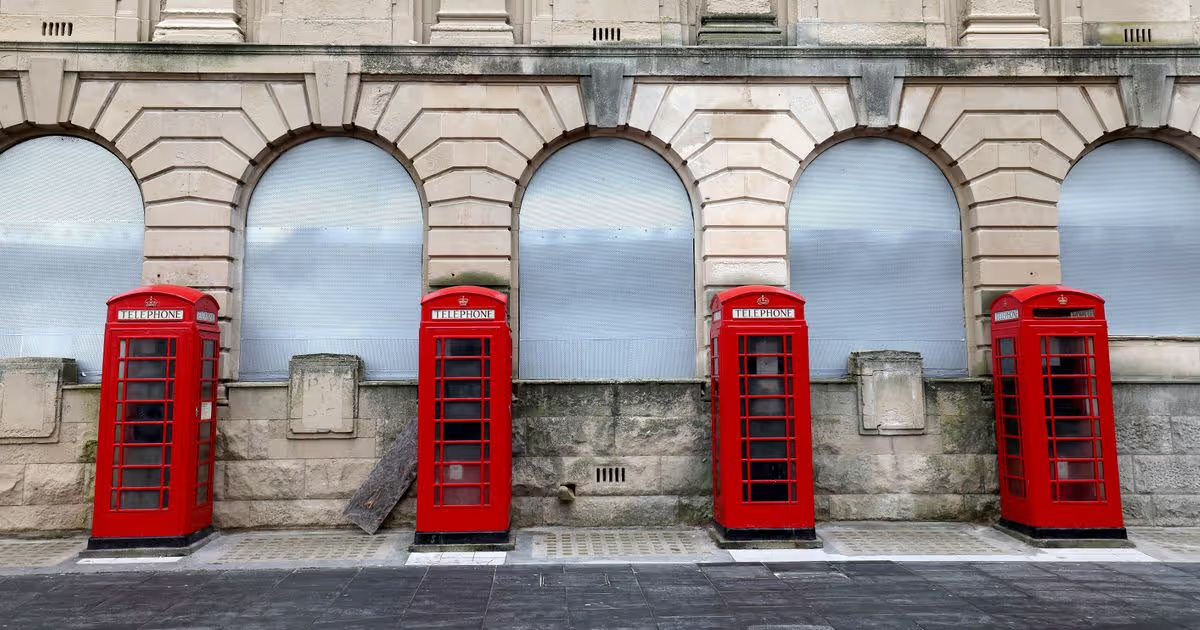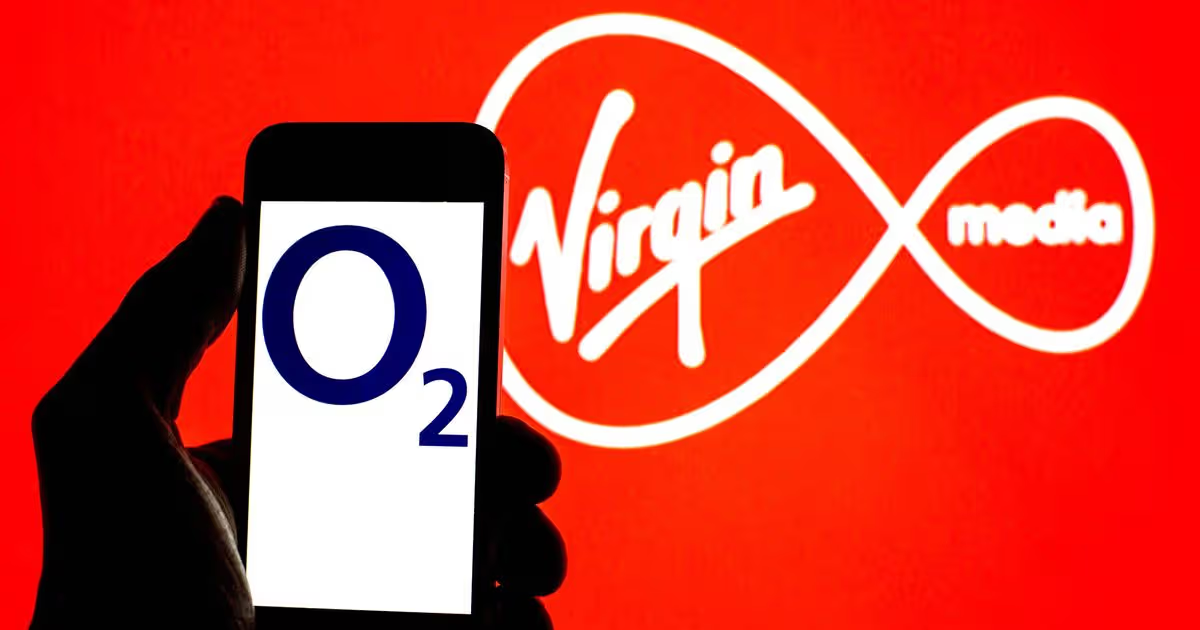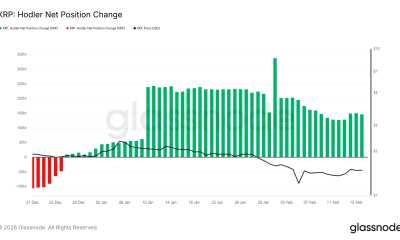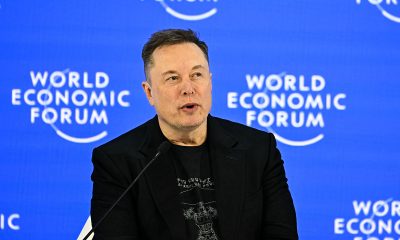Blackpool Council bought the Grade II listed building in September
Proposals to transform part of Blackpool’s former Abingdon Street Post Office into a hotel are still being considered, it has been confirmed.
Owners Blackpool Council, who bought the Grade II listed building in September after previous hotel plans fell through, have given an update on current plans for it.
They include the possibilities of a 90-bedroom hotel which looks onto Edward Street, to the rear of the building, after sub-dividing the building.
Previously, ambitious £26m plans were being considered to develop the site as a high end 148-room Indigo Hotel , after exploration work undertaken by Ashall Hospitality (Blackpool) LLP, but that scheme was scrapped due to cost projections.
Now the council says alternative options are being actively explored to repurpose the long-vacant building in a way that both respects the heritage of the site and boost the town centre economy.
The scheme continues to be supported by £8million from the UK Government’s Capital Regeneration Funding (CRF) grant. In addition to the purchase of the iconic building, investment has been made through the Phase 1 viability stage, including detailed site condition information that will be vital in shaping future plans.
The authority is also taking into account way to step up security after youths managed to get onto the roof on a number of occasions, and also to carry out repairs after it became clear the building was deteriorating.
A Blackpool Council spokesperson said:”Blackpool Council acquired the former Post Office building in September 2025 using part of the £8m secured through the UK Government’s Capital Regeneration Fund, now known as the Local Regeneration Fund.
“Following an extended period of vacancy and deterioration, the acquisition represents a significant opportunity to unlock the redevelopment potential of this key town centre asset.
“Since completing the purchase, the Council has delivered a programme of initial improvement works.
“This has included clearing the courtyard and removing extensive internal debris, commissioning further surveys to inform future proposals, and undertaking a range of external improvements such as removing broken glazing, carrying out repairs, repainting doors and installing window vinyl wraps.
“Enhanced security measures have also been put in place to prevent trespass and safeguard the public.
“The council is now advancing plans for the site’s long-term redevelopment. Proposals include subdividing the property to accommodate a 90-bedroom hotel fronting Edward Street, alongside re-purposing the Abingdon Street building.
“The opportunity will be formally brought to the investment market in 2026, inviting partners to play a key role in the regeneration of this strategically important town centre asset.”
The former Post office was built in 1910 and designed in Renaissance style by architect Walter Pott.
But after the Post Office closed in 2007, this once busy hub of activity fell into disrepair. It is hoped that it can eventually be given a new lease of life.



























































